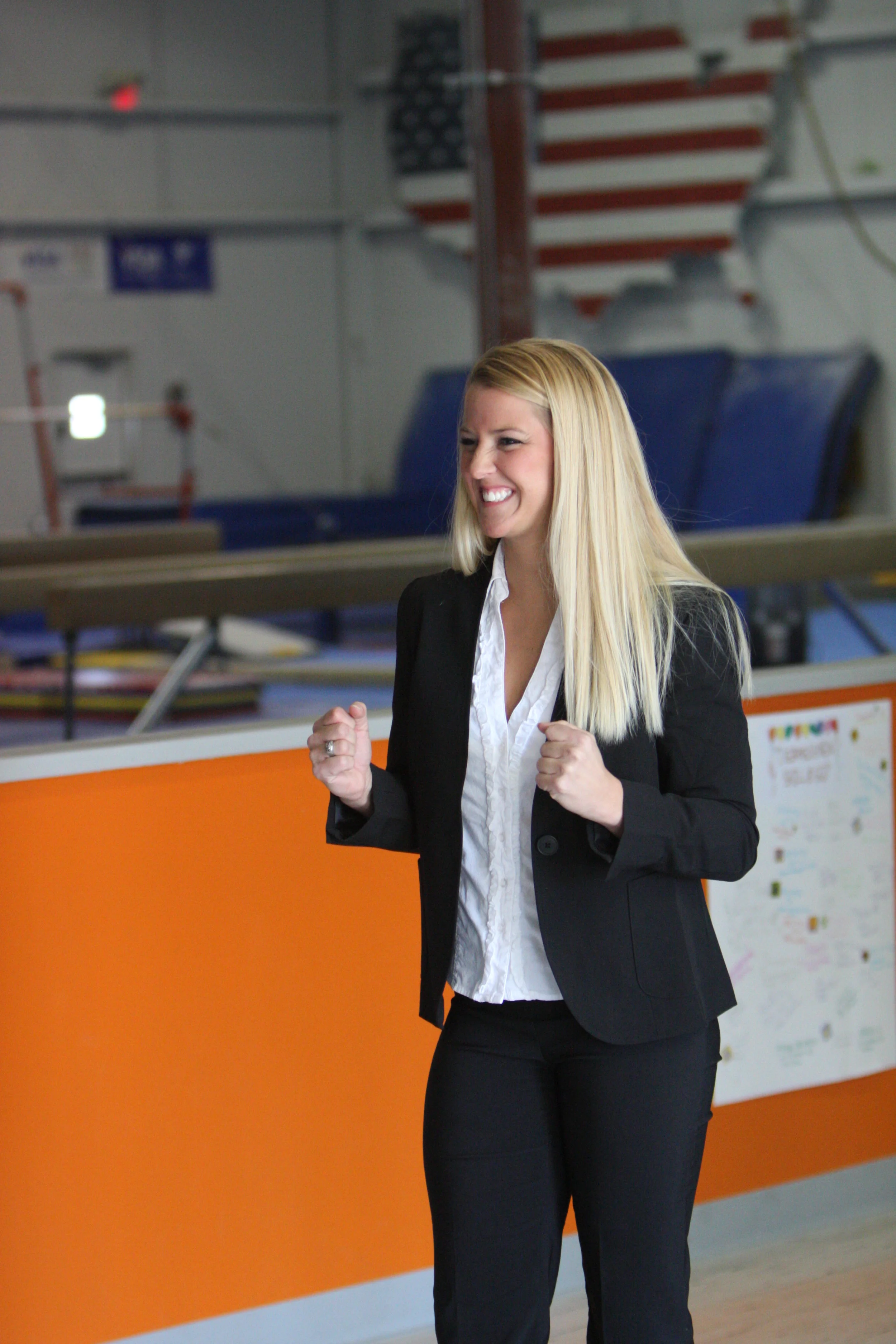Using neurophysiological techniques I identify and target performance problems stuck in the athlete's brainbody. This is unlike the symptom-focused approach of sports psychology; I go beyond the cognitive brain into the deeper parts where athletic ability, body memories, experiences, and movement is held.
repeated sports performance problems & Sports traumatic stress disorder
This could show as fear, mental blocks, yips, slumps, performance annuity and they are byproducts of the gradual accumulation within the athlete's brainbody of physical and emotional injuries over the course of the athlete's life and career. The athlete's mind and body always hold the answer.
Enhancing current performance, competition & skill
Want to perform BETTER? Be faster, more in the zone, and compete greater than you ever have before? I use techniques to enhance performance no matter your current skill level.
surgery always traumatizes the body
Even when surgery is necessary and helpful, it always traumatizes the body. I help integrate and release those surgeries so they do not build up to STSD or RSPP.
How do sports injuries affect an athlete?
"A physical injury is a trauma to the nervous system that is felt in the site of the injury and stored in the brain. But a physical injury in sports is also psychological injury to the nervous system. The simultaneity of the physical and psychological traumas leads to them to be recorded together and as such, interwoven and locked together in the brain and the body. The physical and emotional traumas become inexorably intertwined, especially as more traumas accumulate over time." This is why the body must be brought into treatment. This is the work that Upside Life addresses when working with athletes. No matter the injury or if the athletes thinks it has impacted them...it is stored inside the brain and inside the body and must be released for true PERFORMANCE EXPANSION.
Sports Performance Problems
In order to free an athlete of repeat sports performance problems, I focus on the conditioned reflexes in order to de-condition them. By undoing the interfering survival reflexes, the athlete can relax and let his or her naturally developed performance instincts and skills take over. I locate, process, and release these survival-conditioned responses.
What often happens, is that because the repeated sports performance problems do not make logical sense to the suffering athlete, the athlete becomes impatient and frustrated and expect themselves to get over "it" quickly so they work harder and will themselves to get over it. This never works and instead leads to the patience and frustration turning inward and they put themselves down by using negative self-talk further reducing their already dwindling self-confidence. This impatience and frustration are fueled by two common traits in dedicated athletes: perfectionism and competitiveness.




